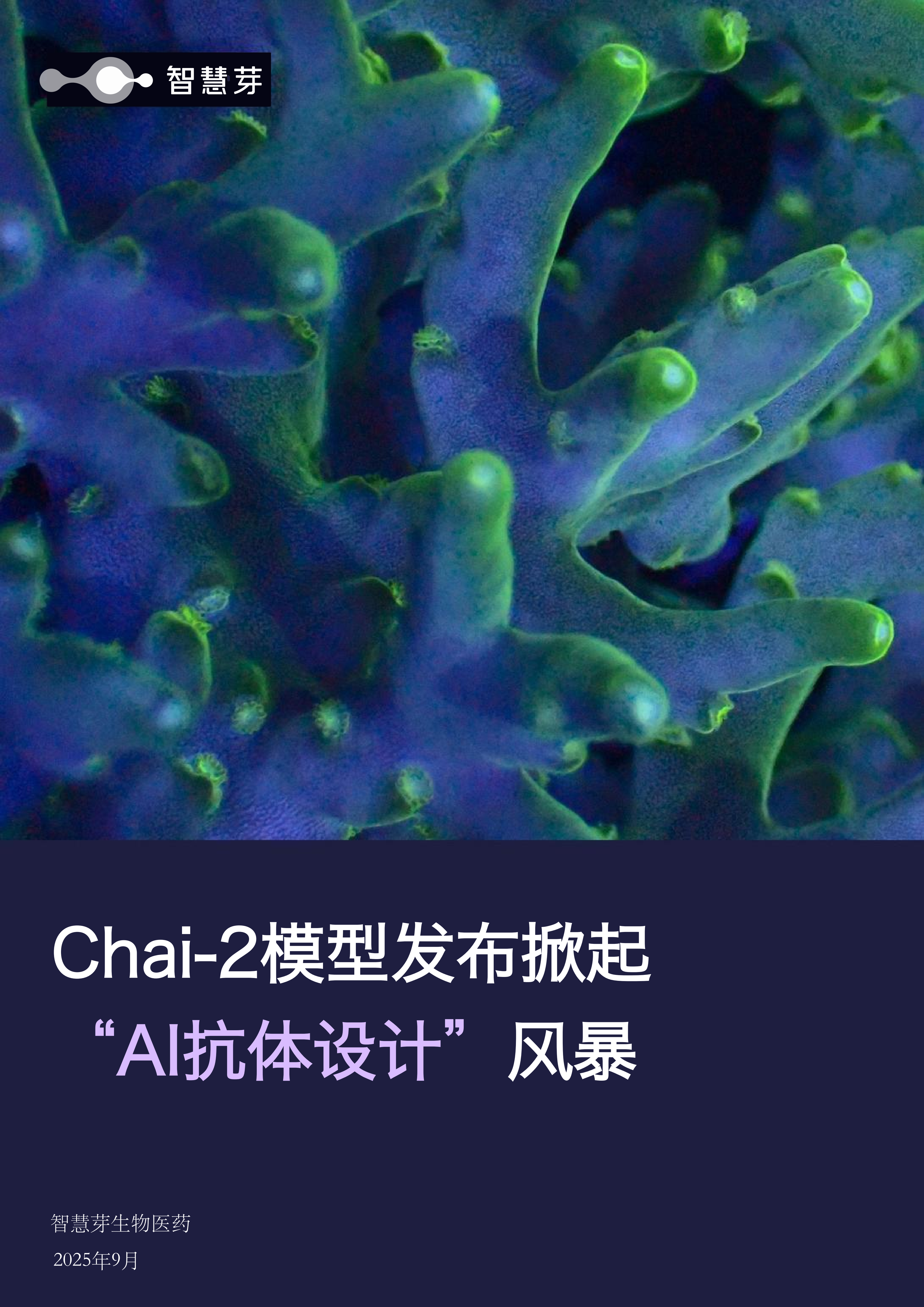预约演示
ASCO24: AstraZeneca's armoured CAR-T shrinks liver tumours
2024-06-03
临床1期细胞疗法ASCO会议免疫疗法临床结果
Researchers unveiled some promising early clinical data on AstraZeneca's next-generation autologous CAR-T cell therapy C-CAR031, showing the experimental treatment could substantially reduce tumour burden in patients with advanced hepatocellular carcinoma (HCC).
C-CAR031 targets the GPC3 surface antigen, which is highly expressed in HCC, but largely absent from normal tissue. The "armoured" CAR-T construct was engineered to resist immunosuppressive signals like TGF-beta in the solid tumour microenvironment. AstraZeneca is partnered on the treatment with AbelZeta, which manufactures C-CAR031 in China.
The Phase I data from 22 efficacy evaluable patients, presented at the American Society of Clinical Oncology (ASCO) annual meeting on Monday, demonstrated an overall response rate of 50% across all dose levels in the Phase I dose-escalation study, including 11 partial responses (PRs) and 1 unconfirmed PR, according to an abstract of the study. At the highest dose level evaluated, 57.1% of patients achieved an objective response, including 4 PRs and 1 unconfirmed PR.
The 24 patients enrolled had GPC3+ advanced HCCGPC3+ advanced HCC that progressed after receiving at least one and a median of 3.5 prior lines of therapy, including immune checkpoint inhibitorsimmune checkpoint inhibitorsimmune checkpoint inhibitors and tyrosine kinase inhibitors in nearly all cases.
Researchers noted that over four-fifths of patients had extrahepatic metastases at baseline. They noted that tumour reductions were observed in 90.9% of patients, "not only in intrahepatic lesions, but also extrahepatic ones with a median reduction of 44%."
更多内容,请访问原始网站
文中所述内容并不反映新药情报库及其所属公司任何意见及观点,如有版权侵扰或错误之处,请及时联系我们,我们会在24小时内配合处理。
Eureka LS:
全新生物医药AI Agent 覆盖科研全链路,让突破性发现快人一步
立即开始免费试用!
智慧芽新药情报库是智慧芽专为生命科学人士构建的基于AI的创新药情报平台,助您全方位提升您的研发与决策效率。
立即开始数据试用!
智慧芽新药库数据也通过智慧芽数据服务平台,以API或者数据包形式对外开放,助您更加充分利用智慧芽新药情报信息。




